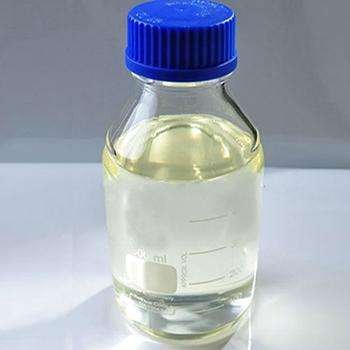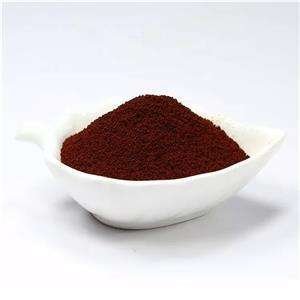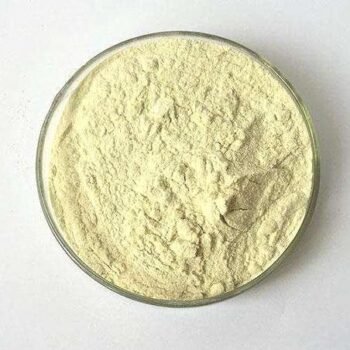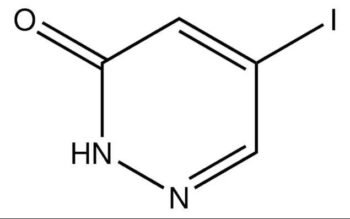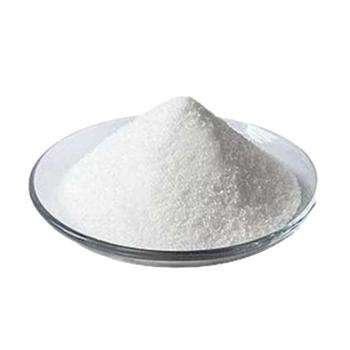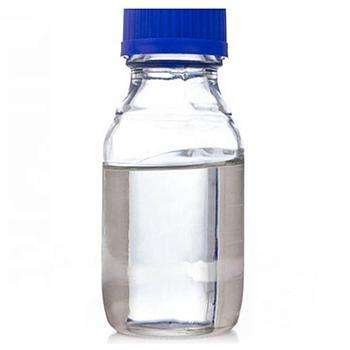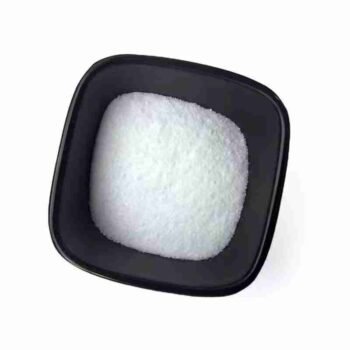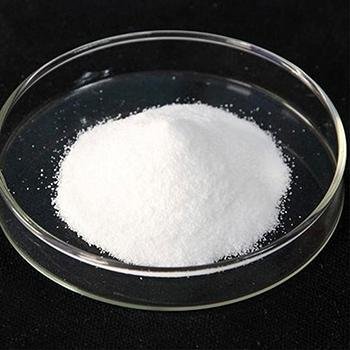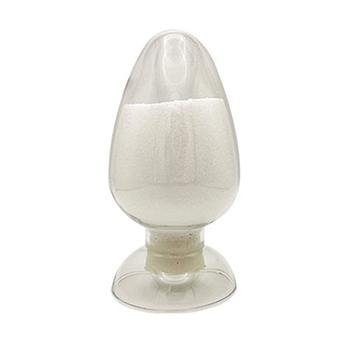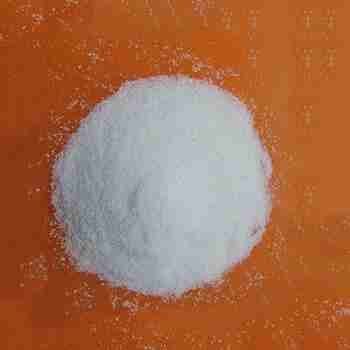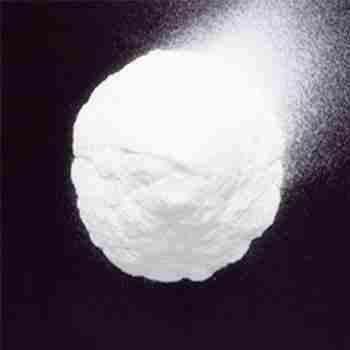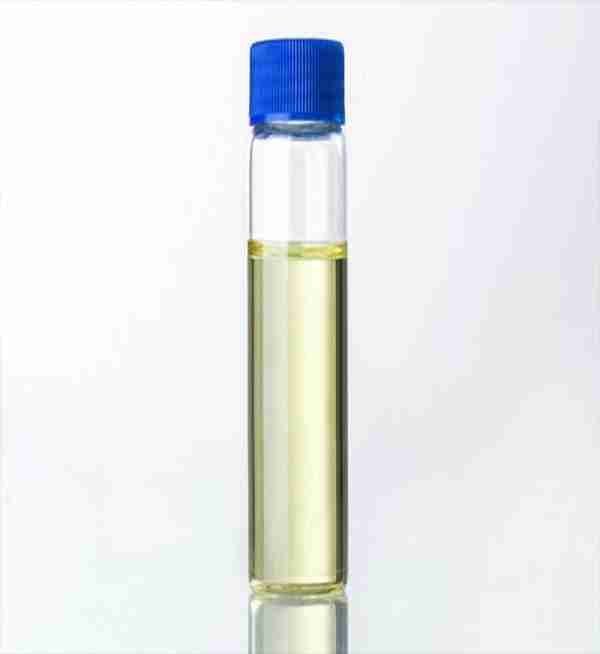Zinc Ricinoleate CAS# 13040-19-2
Zinc ricinoleate is a new kind of ventilating raw material with high effectiveness and environmental management. It can be applied to ventilate materials, kitchen areas, bathrooms, animals, vehicles, food factories, sewer treatment plants as well as other objects. It has a wide range of applications.
Experiments have shown that TEGOSorb A30 with zinc ricinoleate as the main element has a more powerful capacity to get rid of formaldehyde and also has an excellent capacity to eliminate sulfur compounds. The deodorant created with it as the cornerstone can get rid of most of the smells produced in home life, the ventilating effect is thorough, the odor will no longer regrow, the air is fresh, as well as it is easy to biodegrade, safe, and also the deposit will not harm the body reason harm.
发送询盘
Zinc Ricinoleate CAS# 13040-19-2
| zinc diricinoleate Basic information |
| Product Name: | zinc diricinoleate |
| Synonyms: | 9-Octadecenoic acid, 12-hydroxy-, zinc salt (2:1), (9Z,12R)-;Zinc ricinolate;Bis[(9Z,12R)-12-hydroxy-9-octadecenoic acid]zinc salt;Bisricinoleic acid zinc salt;Zinc(II) (R,E)-12-hydroxyoctadec-9-enoate;zinc diricinoleate;zinc diricinoleate2;zinc,(Z,12R)-12-hydroxyoctadec-9-enoate |
| CAS: | 13040-19-2 |
| MF: | C18H34O3Zn |
| MW: | 363.85 |
| EINECS: | 235-911-4 |
| Product Categories: | 13040-19-2 |
| Mol File: | 13040-19-2.mol |
 |
|
| zinc diricinoleate Chemical Properties |
| density | 1.095[at 20??] |
| Odor | wh. fine powd., fatty acid odor |
| InChI | InChI=1/C18H34O3.Zn/c1-2-3-4-11-14-17(19)15-12-9-7-5-6-8-10-13-16-18(20)21;/h9,12,17,19H,2-8,10-11,13-16H2,1H3,(H,20,21);/b12-9-;/t17-;/s3 |
| InChIKey | OIJQSPQODYCEJI-UVTPQHRRNA-N |
| SMILES | [C@@H](O)(CCCCCC)C/C=CCCCCCCCC(=O)O.[Zn] |&1:0,r| |
| LogP | 5.701 (est) |
| EPA Substance Registry System | 9-Octadecenoic acid, 12-hydroxy-, zinc salt (2:1), (9Z,12R)- (13040-19-2) |
| Safety Information |
| MSDS Information |
| zinc diricinoleate Usage And Synthesis |
| Description | Zinc diricinoleate is the zinc salt of ricinoleic acid, a major fatty acid found in castor oil. ?It is used in many deodorants as an odor-adsorbing agent.? |
| Chemical Properties | Fine white powder; faint fatty acid odor. Mp 92?C95C, d 1.10 (25/25C). Combustible. |
| Uses | Fungicide, emulsifier, greases, lubricants, waterproofing, lubricating-oil additive, stabilizer in vinyl compounds. |
| Physiological effects | The metal ion zinc in? zinc ricinoleate reacts with the fatty acid esters in the skin and forms a protective layer that prevents the skin from becoming dry or irritated.It also inhibits bacterial growth by preventing the synthesis of proteins needed for cell division. |
| Properties and Applications | Zinc Ricinoleate is a zinc salt of Ricinoleic Acid, a dilutable malodor absorber used in home and personal care products. In addition, it is a common ingredient in household products, sanitary products, air fresheners, car care, pet care products, and cat litter. It is also being implemented in various industrial and ecological applications, including landfill, garbage, paper, and sewage industries. It removes unpleasant-smelling substances such as cigarette smoke, isovaleric acid, mercaptans, hydrogen sulfide, ammonia, and amines from the ambient air or prevents their emission into the ambient environment. Once in the water phase, the zinc atom is accessible and reactive to functional groups from unpleasant-smelling substances. Zinc Ricinoleate is a concentrate that is directly dilutable in water, non-toxic, and readily biodegradable. The simplicity of its formulation via dilution creates numerous low-cost, low- complexity manufacturing options. |
- 2
- 2-diallylpent-4-en-1-amine
- 4
- 95-16-9
- Ammonium sulfamate
- Benzothiazole
- cas:67889-00-3ح2
- cas:83524-75-8 | pigment black 32
- cas:928836-00-4 | 2
- cas:932745-70-5 | 4
- Chemical Minerals
- Coconut diethanolamide
- Daily Chemicals
- discount
- for sale
- General pvc resin
- hexyl D-glucoside
- in stock
- Lauramidopropyl betaine
- LAURIC ACID MONOETHANOLAMIDE
- Petroleum Additives
- Plasticiser
- Ploymers
- price
- PVC
- quotation
- Raw Materal
- Remove term: Petroleum Additives Petroleum Additive
- SODIUM ETHYL 2-SULFOLAURATE
Related Products
Polyhexamethylene guanidine hydrochloride, often abbreviated as PHMG-HCl, is a high molecular weight polymeric biguanide compound known for its potent antimicrobial properties. With a chemical structure that features a long chain of methylene groups bridged by guanidine units, PHMG-HCl is effective against a broad spectrum of microorganisms, including bacteria, viruses, and fungi.
This hydrochloride salt form of PHMG is highly soluble in water and is commonly used in various applications due to its non-irritant and non-toxic nature to human skin and mucous membranes. It is widely recognized for its ability to form a colorless and odorless solution, making it an ideal choice for use in personal care products, medical disinfectants, and water treatment processes.
The versatility of PHMG-HCl lies in its cationic nature, which allows it to bind to negatively charged microbial cell walls, disrupting their integrity and leading to cell death. This mechanism of action contributes to its effectiveness as a preservative and disinfectant. Moreover, its substantivity, or the ability to adhere to surfaces, enhances its long-lasting antimicrobial activity.
In summary, Polyhexamethylene guanidine hydrochloride is a reliable and efficient antimicrobial agent, pivotal in industries where hygiene and cleanliness are paramount, offering a safe and sustainable solution for microbial control.
Chemical Name: 1,1,2,2-Tetrachloroethane
Other Name: Tetrachlorethane
CAS No.: 79-34-5
Molecular Formula: C2H2Cl4
Molecular Weight: 167.85
Appearance: Liquid
Chemical Name: Choline salicylate
CAS No.: 2016-36-6
Molecular Formula: C12H19NO4
Molecular Weight: 241.28
Appearance: Red-Brown Crystal
Chemical Name: o-Xylene
Synonyms: 1,2-Dimethylbenzene; ortho-xylene
CAS No.: 95-47-6
Molecular Formula: C8H10
Molecular Weight: 106.17
Common English name: 5-iodo-2,3-dihydropyridazin-3-one
CAS No.: 825633-94-1
Molecular formula: C4H3IN2O
Molecular weight: 221.98
Sample: Available
Chemical Name: 3-Hydroxybutyric acid
CAS No.: 625-71-8
Molecular Formula: C4H8O3
Molecular Weight: 104.1
Appearance: White powder
Chemical Name: STODDARD SOLVENT
CAS No.: 64742-88-7
Appearance: Colorless or Light Yellow Liquid
POLY(VINYL CHLORIDE-CO-ISOBUTYL VINYL ETHER) is a copolymer that combines the properties of vinyl chloride and isobutyl vinyl ether. This polymer offers a balance of rigidity and flexibility, along with enhanced chemical resistance and durability. It is commonly used in the production of films, coatings, and adhesives due to its excellent barrier properties against gases and moisture, making it ideal for packaging and construction applications.
Chemical Name: UV-120
Other Name: (2’,4’-Di-tert-butylphenyl 3,5-di-tert-butyl-4-hydroxybenzoate)
CAS No.: 4221-80-1
Molecular Fomula: C29H42O3
Molecular weight: 438.66
Assay: ≥99%(LC)
Chemical Name: Imazalil Sulfate
CAS No.: 58594-72-2
Molecular Formula: C14H14Cl2N2O.H2SO4
Molecular Weight: 395.26
Appearance: Solid
3,4-Ethylenedioxythiophene is a synthetic organic compound characterized by its unique structure that includes a thiophene ring with ethylenedioxy substituents at the 3 and 4 positions. This compound is known for its potential applications in the synthesis of various organic materials, including pharmaceuticals and organic electronic devices such as sensors and solar cells. Its stability and reactivity make it a versatile intermediate in the chemical industry.
Succinimide is a heterocyclic organic compound and an important industrial chemical. It serves as a key intermediate in the synthesis of various pharmaceuticals, agrochemicals, and other specialty chemicals. Known for its reactivity and versatility, succinimide is widely used in the production of succinic anhydride, a precursor to many polymers and plasticizers, highlighting its significance in the chemical industry.





